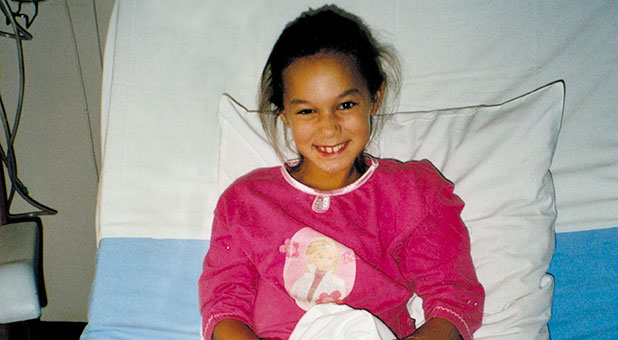Ray Norman was taking his 10-year-old daughter, Hannah, to the beach in a West African country. It was about a month after Sept. 11, 2001, and Ray said the travel restrictions for Americans had been lifted in the country where he was serving as a humanitarian aid worker for World Vision. Ray was driving; Hannah was in her new swimsuit. A Muslim man approached the car from the sand dunes and greeted Ray with a formality.
Then—the unthinkable happened. The man held a gun to Ray’s temple and fired multiple blanks. When the bullet finally left the barrel, it went through Ray’s arm into Hannah’s chest.
Fourteen years have now passed, and Ray and Hannah are both open to talking about the ordeal, with one caveat for the Muslim people they worked with: “Please don’t associate (them) with the radical fringe.”
In light of recent terrorist attacks and the rise of the Islamic State (ISIS), it’s a message the father and daughter are desperate to get to the church—that everyday Muslims are not our enemies. In fact, for Ray, the incident that could have scarred his family became the motivation to continue outreach to a hurting, marginalized group.
“Muslims more than ever before are suffering,” Ray says. “More than ever before in their history, they’re vulnerable. Muslim people live in the poorest parts in the world today where there’s a lot of injustice. Injustice and nonstop hopelessness can breed radical acts.”
To fight the growth of ISIS and assist the American church in reaching out to Muslims, Ray offers three points, especially as many in the church are worried terrorists could be infiltrating the U.S. by way of refugee status.
First, the American church needs to learn about Muslims, which are one of the most unreached people groups on the planet. If we want to share Jesus with them, we must understand their stories. Second, the church needs to look at the Muslim world with the compassion and love of Jesus rather than the disdain many seem to promote after radical Islamic attacks. Third, the church must not allow the media to redefine Christian tenets such as faith with fear.
“In our view of the world, we cannot let radical acts allow us to be motivated by fear of the unknown or cause us to redefine our position,” Ray says. “We have to remember Jesus equipped us with love.”











































